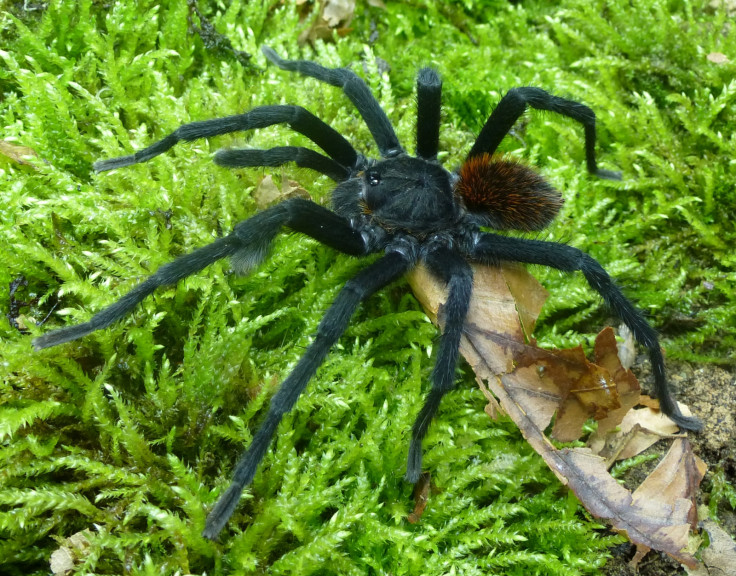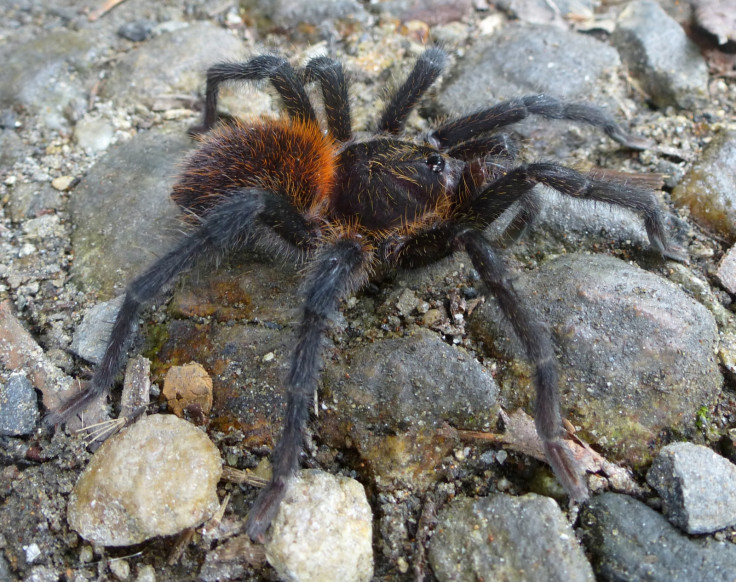New species of tarantula discovered in remote Colombian region
Kankuamo marquezi gets its name from an indigenous tribe and author Gabriel García Márquez.
A new species of tarantula has been discovered in Sierra Nevada de Santa Marta, a mountainous and remote region of Colombia, scientists have announced. The arachnids appear unique because they have developed an original defence mechanism to combat aggressors.
There are more than 800 documented tarantula species in the world. The latest study, published in the journal ZooKeys, details the morphological features of this new spider and how it protects itself by using urticating hair – hair with penetrating tips that can cause irritation to other species.
The scientists point out that the tarantula is different enough that they have to classify it as a new species but also as a new genus – the next classification up in taxonomy.
They also explain how it has been given its name, Kankuamo marquezi. Kankuamo refers to an indigenous tribe from the country's coastal regions, whose language and culture is particularly threatened. Marquezi is a cultural reference to renowned Colombian author and Nobel laureate Gabriel García Márquez.

Direct hair attack
Kankuamo marquezi has a small oval patch of urticating hair on its stomach, its secret weapon during an attack. Most tarantula species eject the urticating, irritating hairs from their abdomens – vigorously rubbing their hind legs on their hair to make a defensive hair ball which they throw at enemies. In contrast, this new arachnid releases the defensive hair on close, direct contact with their attackers.

Whether they are thrown or used in direct contact, these hairs can cause similar fatal injuries to small mammals as they land into their mucous membrane.
Scientists knew tarantulas were a very diverse species, and this new discovery confirms this, suggesting a range of defence mechanisms available to the arachnids.
"This new finding is a great contribution to the knowledge of the arachnids in Colombia and a sign of how much remains to be discovered," the authors conclude.
© Copyright IBTimes 2024. All rights reserved.






















